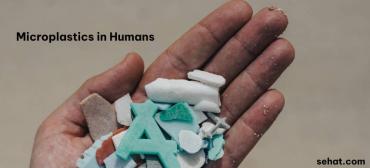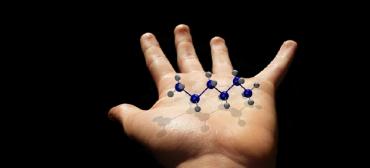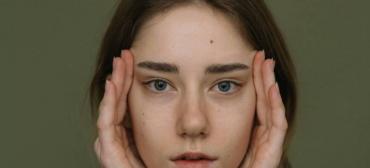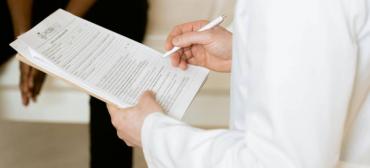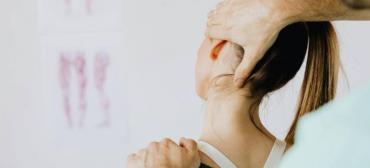Major Depression
What is major depression?
Major depression, also known as clinical depression or unipolar depression, is classified as a type of affective disorder or mood disorder that goes beyond the day's ordinary ups and downs, becoming a serious medical condition and important health concern in this country.
Who is affected by major depression?
The onset of depression is occurring earlier in life than in previous years, with women nearly twice as likely as men to develop major depression.
What are the symptoms of major depression?
The following are the most common symptoms of major depression. However, each individual may experience symptoms differently. Symptoms may include:
-
Persistent sad, anxious, or empty mood
-
Loss of interest in activities once previously enjoyed
-
Excessive crying
-
Increased restlessness and irritability
-
Decreased ability to concentrate and make decisions
-
Decreased energy
-
Thoughts of death or suicide, or suicide attempts
-
Increased feelings of guilt, helplessness, and/or hopelessness
-
Weight and/or appetite changes due to over- or under-eating
-
Changes in sleep patterns
-
Social withdrawal
-
Physical symptoms unrealized by standard treatment (i.e., chronic pain, headaches)
For a diagnosis of major depression to be made, an individual must exhibit five or more of these symptoms during the same two-week period. The symptoms of major depression may resemble other psychiatric conditions. Always consult your health care provider for a diagnosis.
How is major depression diagnosed?
Because depression has shown to often coexist with other medical conditions, such as heart disease, cancer, or diabetes, and other psychiatric disorders, such as substance abuse, or anxiety disorders, seeking early diagnosis and treatment is crucial to recovery.
A diagnosis is often made after a careful psychiatric examination and medical history performed by a psychiatrist or other mental health professional.
Treatment for major depression
Specific treatment for major depression will be determined by your health care provider based on:
-
Your age, overall health, and medical history
-
Extent of the disease
-
Your tolerance for specific medications, procedures, or therapies
-
Expectations for the course of the disease
-
Your opinion or preference
Treatment may include either, or a combination, of the following:
-
Antidepressant medications (especially when combined with psychotherapy has shown to be very effective in the treatment of depression)
-
Psychotherapy (most often cognitive-behavioral and/or interpersonal therapy that is focused on changing the individual's distorted views of themselves and the environment around them, working through difficult relationships, and identifying stressors in the environment and how to avoid them)
-
Family therapy
-
Electroconvulsive therapy
Two-thirds of persons with major depression do not seek the appropriate treatment, although 80 percent of all people with clinical depression who seek treatment improve, usually within weeks. Without treatment, symptoms can persist for weeks, months, or years. Continued treatment may help to prevent reoccurrence of the depressive symptoms.
Related Questions
Psyocological
- 3579 Days ago
- Depression & Fatigue
Deppppppppppppppp
- 3632 Days ago
- Depression & Fatigue
Fever and Fatigue
- 3670 Days ago
- Depression & Fatigue
Depression
- 4682 Days ago
- Depression & Fatigue
Body weakness
- 4050 Days ago
- Depression & Fatigue
Psyocological
- 3579 Days ago
- Depression & Fatigue

